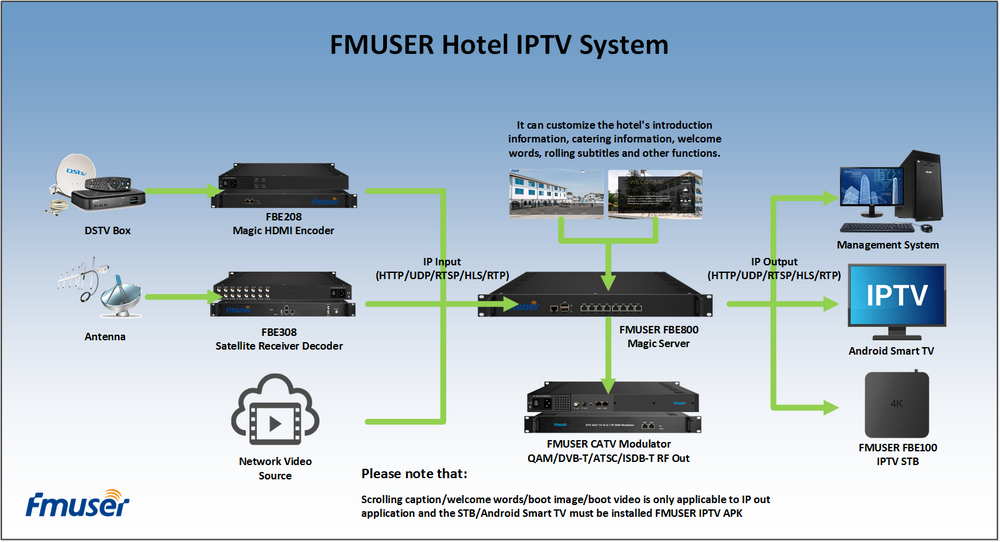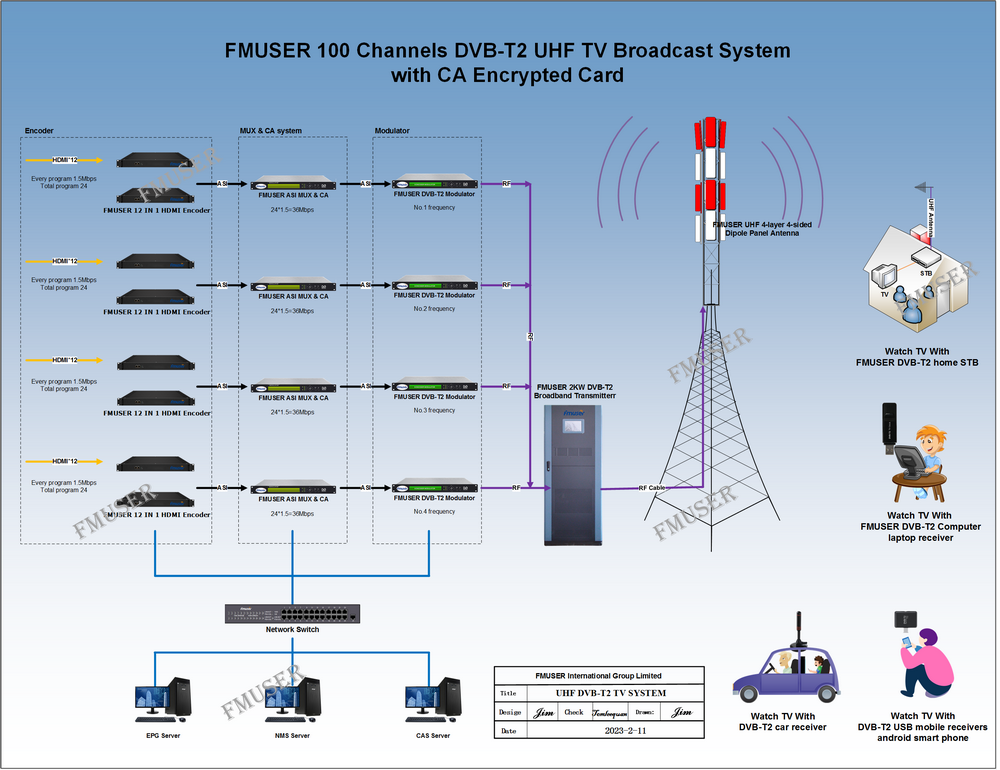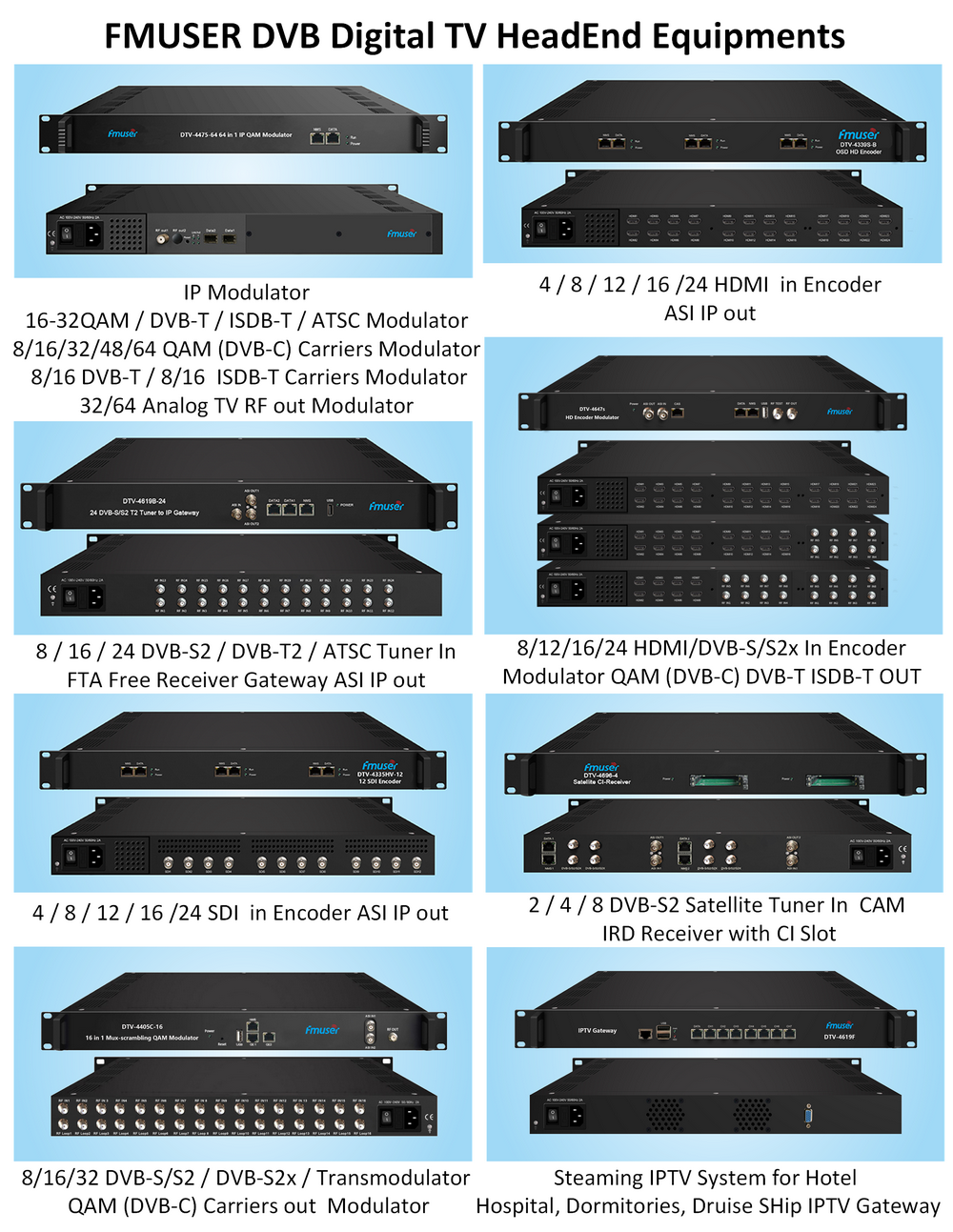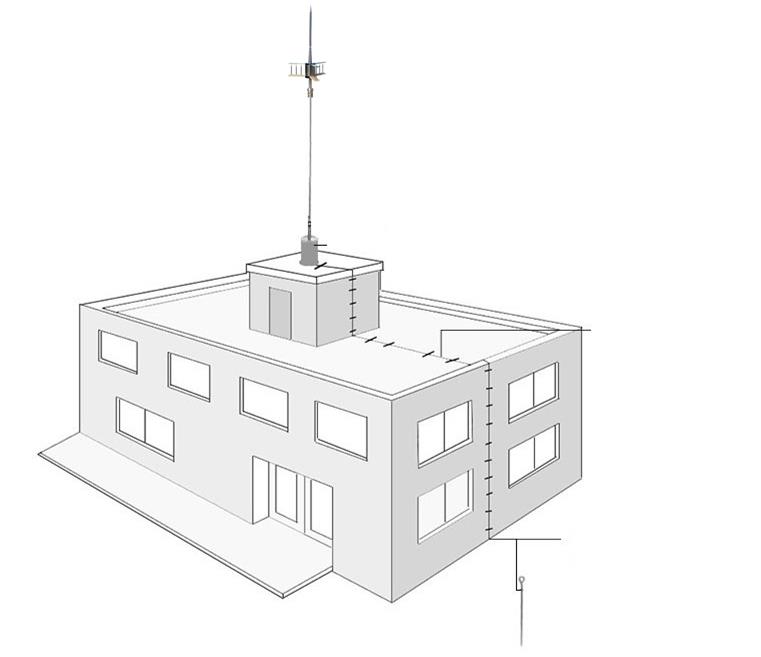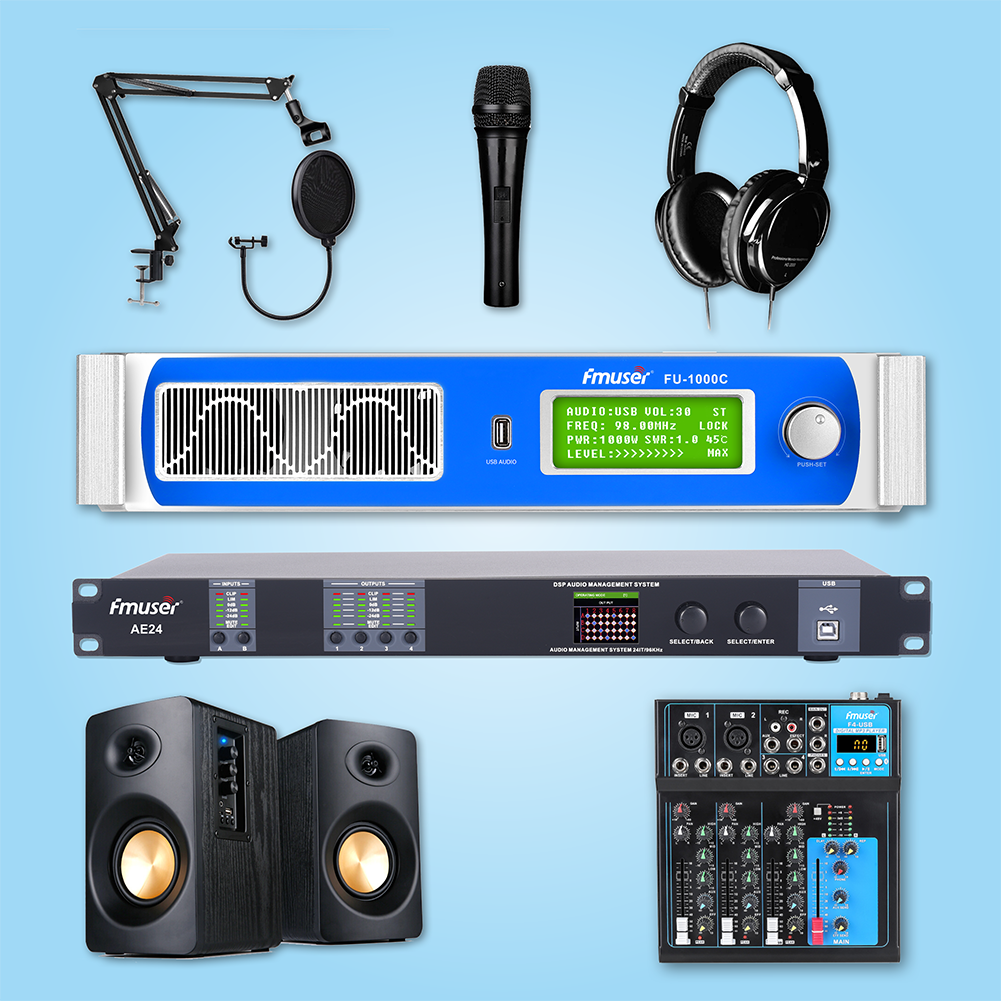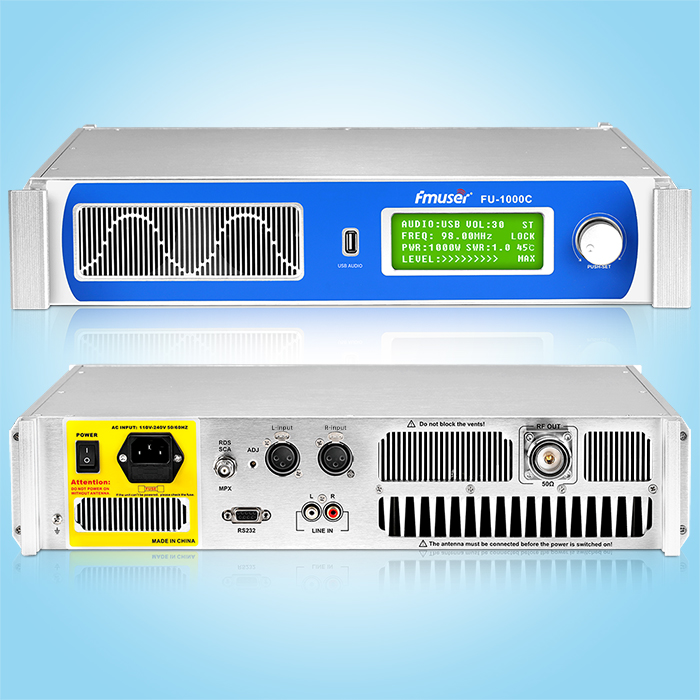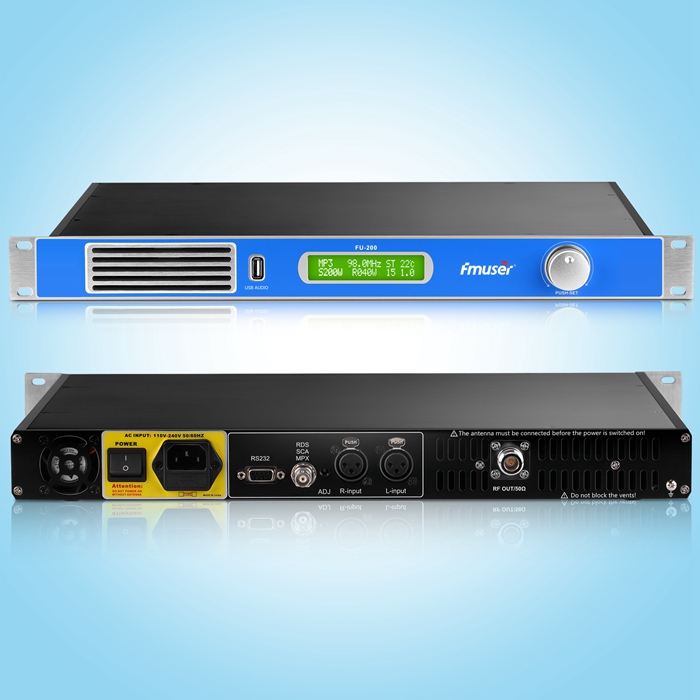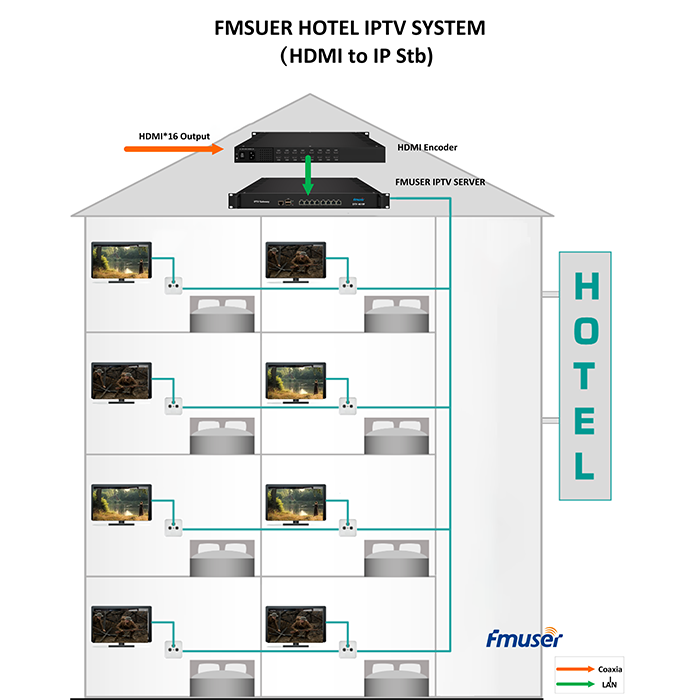1 Introduction
Today, we will talk about these concepts and differences in the communication field in conjunction with some common communication interfaces such as serial ports and I2C.
Concept bit rate: refers to the number of bits transmitted per second.
In the information transmission channel, the signal unit carrying data information is called a symbol, and the number of symbols transmitted through the channel per second is called the symbol transmission rate, or baud rate for short. For example, the I2C communication speed is 100KHz, and the SPI maximum communication speed supports 150Mbps. 1 Baud = log2M where M is the coding level of the signal. Here SPI is similar to I2C above, referring to the clock.
Write in front
What does I2C communication speed 100KHz mean?
What does it mean that the maximum SPI data transfer rate is 150Mbps?
Does the serial port transmit 9600 bytes of data per second at 9600bps?
Many engineers who participated in the work, or even worked for two or three years, did not understand the concepts of baud rate, bit rate, and communication speed.
Today, we will talk about these concepts and differences in the communication field in conjunction with some common communication interfaces such as serial ports and I2C.
2. Concept
1) Bit rate: refers to the number of bits transmitted per second. The unit is bps (Bit Per Second). The higher the bit rate, the more data is transmitted per second.
2) Baud rate: indicates the number of symbols transmitted per second, which is an index to measure the data transmission rate.
In the information transmission channel, the signal unit carrying data information is called a symbol, and the number of symbols transmitted through the channel per second is called the symbol transmission rate, or baud rate for short. The baud rate is an indicator of the bandwidth of the transmission channel.
3) Transmission rate: Transmission rate is a general term that refers to the rate at which data is transmitted from one point to another. Including the above bit rate, baud rate, etc.
4) Communication speed: Communication speed and transmission speed are also a general term. For example, the I2C communication speed is 100KHz, and the SPI maximum communication speed supports 150Mbps.
3. The difference between bit rate and baud rate
Many people have never understood the difference between bit rate and baud rate, so I will focus on it here.
1) Bit rate: I believe everyone knows bit (bit), 1 byte (Byte) is equal to 8 bits (bit). Naturally, the bit rate is the number of bits transmitted per second.
2) Baud rate: In the field of electronic communication, Baud is the modulation rate, which refers to the rate at which the effective data signal modulates the carrier, that is, the number of times the carrier modulation state changes per unit time. It is a measure of symbol transmission rate. 1 baud means that 1 symbol is transmitted per second, and through different modulation methods, multiple bits of information can be loaded on a symbol symbol. Similar to the bit rate, you only need to understand the "baud" (that is, the symbol symbol) in the baud rate as a transmission unit.
3) The relationship between baud rate and bit rate
Bit rate = baud rate x binary digits corresponding to a single modulation state.
1 Baud = log2M (bit/s)
Where M is the number of coding levels of the signal.
It can also be written as: Rbit = Rbaud log2M
(Rbit: bit rate; Rbaud: baud rate)
It can be concluded that the bit rate of two-phase modulation (a single modulation state corresponds to 1 binary bit) is equal to the baud rate; the bit rate of four-phase modulation (a single modulation state corresponds to 2 binary bits) is twice the baud rate; The bit rate of phase modulation (a single modulation state corresponds to 3 binary bits) is three times the baud rate; and so on.
Example description
1. Serial port 9600 baud rate
The serial port transmission rate is 9600bps, how many bytes can be transmitted per second?
Start bit: 1
Data bits: 8
Stop bit: 1
Check Digit: 0
To transmit 1 byte of data, 10 bits need to be transmitted, so:
9600 ÷ 10 =960Byte
That is, the (conventional) serial port transmits 960 bytes per second at a baud rate of 9600.
After the Arm M0 chip test, it takes 1.755ms to transmit 20 bytes of data at 115200bps (theoretical value=((20*10bit)/115200)*1000ms=1.736ms).
2. I2C communication speed 100KHz
What does I2C communication speed 100KHz mean?
I2C belongs to synchronous communication. There is a clock line (SCL). The 100KHz we say generally refers to the frequency of this clock line.
prompt:
Here I2C 100KHz represents the communication speed, and the serial port baud rate of 9600 also represents the communication speed, but the performance is different.
3. SPI communication rate 150Mbps
What does it mean that the maximum SPI data transfer rate is 150Mbps?
There are many ways to express communication speed, or communication speed. Here, 150Mbps of SPI and 9600bps of serial port are different because of the difference in transmission format.
Here SPI is similar to I2C above, referring to the clock.
Our other product:


